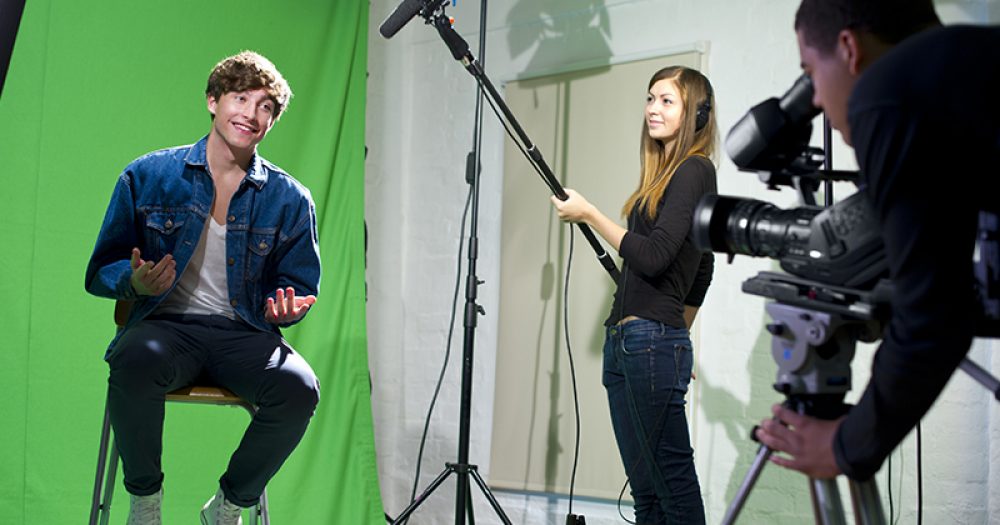The obsession with STEM is causing misperceptions about the value – economic and social – of participation in the creative industries, believes Debra Gray
I like Amanda Spielman. I think she has been a force for good at Ofsted. I spent a day with the chief inspector of education, children’s services and skills last year when she came to visit us in Grimsby, and she was remarkably forgiving and gracious when I nearly crashed us both into a truck at a roundabout in Immingham.
However, her comments about students on arts and media courses being sold an “impossible dream” made at the Association of Colleges’ conference last week incensed me. The substance of Ofsted’s argument lies within its Level 2 Study Programmes report published on 21 November. This identified that art and media courses were generally perceived to give the least chance of gaining employment within those industries.
The interesting term here is “perceived”. The research is based on the perceptions of a small number of providers. There appears to be little triangulation with verifiable labour-market intelligence from reliable sources to see if perception matches reality. What appears to be credible research is simply an account of provider perceptions presented as fact.
The methodological dangers of relying on anecdotal evidence rather than empirical evidence are legion.
What appears to be credible research is simply an account of provider perceptions presented as fact
So, what is the reality?
The creative sector is worth £92 billion annually to the UK economy, two million people are directly employed in the creative industries and over three million work as creative professionals in non-creative industries.
Employment in the creative sector is growing at four times the rate of other sectors.
The Creative Industries Council states that between 2010 and 2016 the creative industries sub sectors – which include advertising, film and TV, architecture, publishing, music, design, games, museums and galleries, fashion, crafts, and the creative use of technology – grew their economic contribution by 44.8 per cent, outpacing the purely digital sector, which increased its GVA (gross value added) by 23.3 per cent during this period.
A career in the arts is an impossible dream? I don’t think so.
The problem doesn’t just lie with assumptions that anecdotal evidence is generalisable, there is an issue over the right question being asked in the first place. The chief inspector states in the report: “I am therefore concerned about the number of courses on offer that college leaders know do not lead to good local employment.”
The report assumes we have a common understanding of the term “good local employment”. Fifty per cent of Grimsby’s catchment area is the North Sea, but we have road and rail links to Hull, Lincoln and Sheffield, all of which are thriving creative cities. Is this “local” enough? It is also vital to point out that a significantly higher proportion of jobs in the creative industries are freelance and commission-based than is typical in other sectors. Is this considered “good” employment?
Arts and media are both completely local and completely global, and everything in between, from the microbusinesses in ceramics and jewellery operating in a spare room to multi-billion transnational media empires influencing governments. Creative jobs are some of the most future-proof over the next 20 years – they cannot be taken by automation and AI is not a replacement for the human imagination – so we must prepare more creative professionals for the repercussions of the fourth industrial revolution, not fewer.
Arts education in the UK has been decimated in the push to advance the STEM agenda, as if they are two different things. Without imagination and creativity, scientists and engineers cannot show us the future – we must value creative skills, not further banish them owing to flawed perceptions.
So thank you to the creative professionals who designed my clothes, my furniture, the news I read this morning, the film I saw this afternoon, the documentary I watched with my reluctant children, the artists who put the pictures on my walls, the musicians who help me through dark times, the authors who take me to magical worlds, the comedians who make me laugh, the actors who transport me to places I wouldn’t go alone aand the digital and creative industries team at Grimsby Institute who go above and beyond to make sure no learner’s dream is impossible.
Without you, the world is a very bleak place. I am proud to stand by your side.








Your thoughts